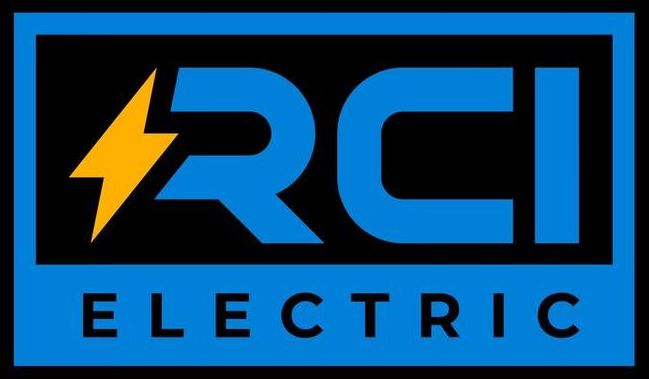How to Ensure Electrical Safety on Agricultural Properties
Modern farming relies on electricity more than ever before. From irrigation systems and automated feeding equipment to storage facilities and processing units, agricultural operations require a dependable and safe electrical infrastructure. However, the unique environment of farms—exposure to weather, animals, and heavy machinery—creates specific risks that demand careful planning and regular maintenance. Electrical hazards on agricultural properties can result in serious injury, costly equipment damage, or even devastating fires. Ensuring electrical safety isn’t just about compliance—it’s essential to the well-being of your workers, livestock, and overall productivity. This blog outlines the key practices property owners should follow to maintain safe electrical systems on their farms.
1. Schedule Routine Electrical Inspections
Agricultural properties have complex electrical systems that are often expanded over time. Regular inspections by a licensed electrician help identify worn components, overloaded circuits, and outdated wiring that could present safety hazards. These assessments ensure that the system can support current and future electrical loads while remaining compliant with code requirements and safety regulations.
2. Protect Equipment from Moisture and Dust
Farms are high-exposure environments where moisture, dust, and debris are common. These elements can easily corrode electrical components and increase the risk of shorts or fires. Proper enclosures, weatherproof covers, and elevated installations for panels and wiring can help shield critical systems from environmental damage, especially in barns, storage areas, and near water sources.
3. Install Ground Fault Protection
Ground Fault Circuit Interrupters (GFCIs) are essential in agricultural environments where electricity and water often intersect. Installing GFCIs in areas like wash stations, outdoor outlets, and near animal housing can prevent electrical shock and reduce the risk of serious injury. Grounding systems should also be inspected and upgraded as necessary to ensure safety during equipment operation or storms.
4. Train Workers on Electrical Safety Protocols
Even with the safest systems in place, human error can lead to accidents. Ensure that all farmworkers understand basic electrical safety procedures, such as how to shut off power during emergencies, recognize signs of faulty equipment, and safely operate machinery. Clear labeling and accessible emergency shut-offs are practical additions to enhance on-site safety awareness.
Electrical safety on agricultural properties is not a one-time task—it’s an ongoing commitment. With the right systems, protective equipment, and training, farm owners can prevent hazards, protect valuable assets, and maintain a productive operation. Partnering with an experienced electrical professional ensures that your property stays safe and up to code.
With over 17 years of hands-on expertise, RCI Electric in Loveland, Colorado, provides specialized electrical services tailored to agricultural environments. From inspections and upgrades to system design and emergency repairs, we help property owners maintain safe, reliable, and efficient electrical infrastructure for long-term peace of mind.


